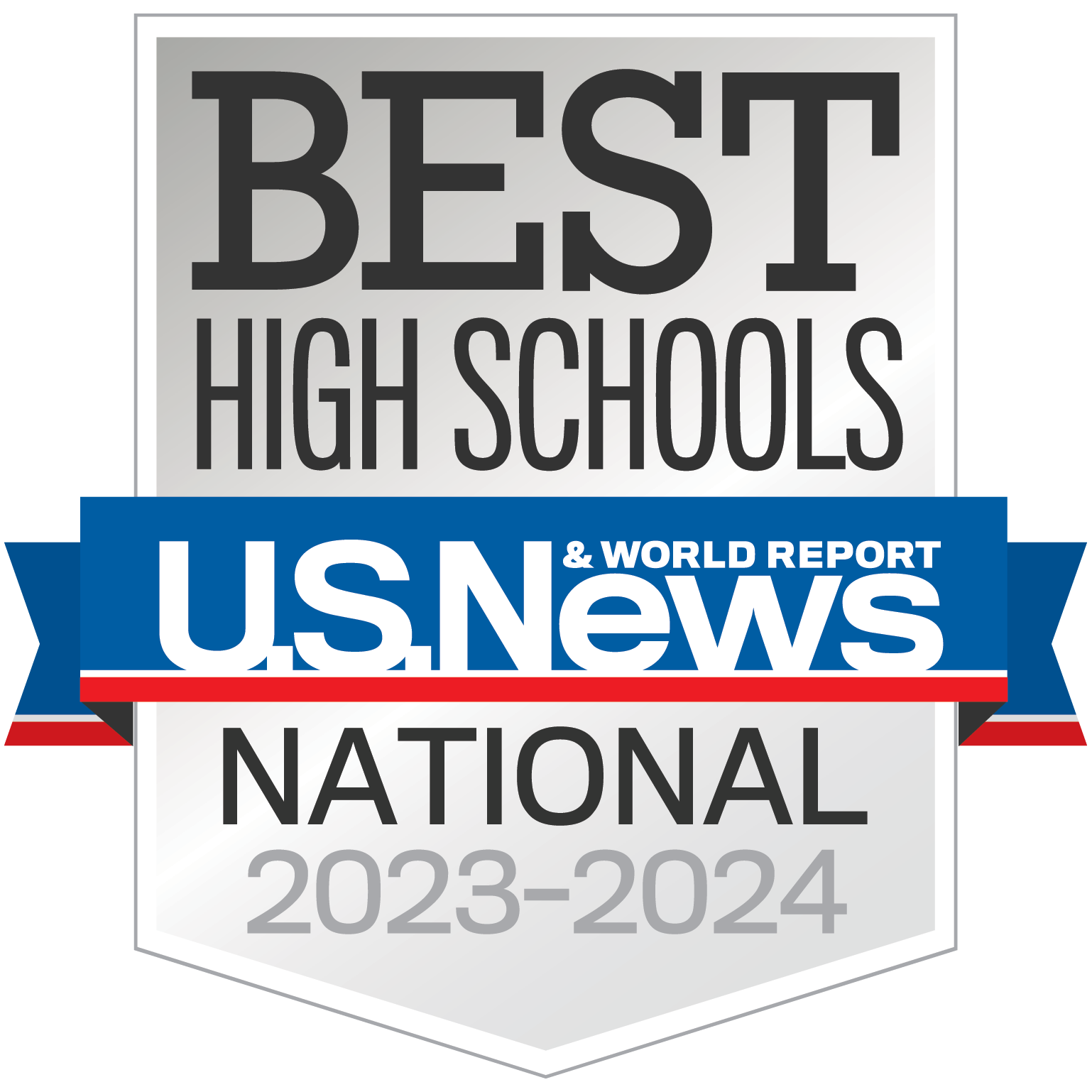FAQ
Board of Trustees Frequently Asked Questions
What is the role of the School Board?
The school board is a policymaking body that oversees the School Director. It is the School
Director who is responsible for the operation of the school district and its employees.
What are the different kinds of Board Meetings?
The RACS Board of Trustees holds different kinds of meetings: Regular Meetings, Special
Meetings, and an annual Reorganizational Meeting. Each is described below. During any of
these meetings, a segment of the meeting may be devoted to a Public Hearing, or the Board
may opt to go into Executive Session. These are described below as well.
Regular Meetings:
These meetings are the meetings during which most of the school's business is conducted. The
Board takes action on items listed on a consent agenda. These items include actions such as
accepting resignations, appointing employees, accepting minutes of previous meetings,
approving business reports, approving employee contracts, etc. The Board has several weeks to
review agenda items before they go to a meeting and vote on them. Supporting documentation is
provided and questions are asked of the administration in advance of the meeting so that Board
members are prepared to take action at the meeting.
Special Meetings:
The Board hears presentations about school programs and events and/or engages in
discussions about school matters. As the name implies, it is also sometimes necessary to call a
special meeting to address a timesensitive issue or to deal with a circumstance that has arisen.
Reorganizational Meeting:
This meeting is when the school board elects and appoints its officers and committees for the
coming year, and board members take or renew their oaths of office. The Reorganizational
meeting must be held each year in July.
Executive Session:
An executive session is a portion of a school board meeting that is not open to the public. It is
permitted only for a limited number of specific purposes that include the following subjects:
Matters that will imperil the public safety if disclosed.
Any matter that may disclose the identity of a law enforcement agent or informer.
Information relating to current or future investigation or prosecution of a criminal offense that
would imperil effective law enforcement if disclosed.Discussions involving proposed, pending, or current litigation.
Collective negotiations pursuant to article 14 of the Civil Service Law.
The medical, financial credit, or employment history of a particular person or corporation, or
matters leading to the appointment, employment, promotion, demotion, discipline, suspension,
dismissal, or removal of a particular person or corporation
The preparation, grading, or administration of exams.
The proposed acquisition, sale, or lease of real property or the proposed acquisition, sale, or
exchange of securities, but only when publicity would substantially affect the value of these
things (Pub. Off. Law Section 105 [ah]).
What are the Board minutes and agenda?
Board meeting agendas are available to the public on the Wednesday before a Board meeting.
Following the Board meeting, any presentations made at the meeting become available to the
public as well. This is an excellent way for people who cannot attend meetings to be aware of
what is going on in the district.
Why doesn’t the Board usually discuss agenda items in public before taking action?
The Board has several weeks to review many of these agenda items before they go to a meeting
and vote on them. Supporting documentation is provided and questions are asked of the
administration in advance of the meeting so that Board members are prepared to take action at
the meeting. Because Board Members “do their homework,” in advance of the meeting, most
times, discussion on items is not required.
Why does the Board sometimes refer the community to administrators to handle a
concern?
As stated previously, the Board is primarily a policymaking body; it is the administrators who
implement those policies. A chain of command exists in school districts as it does in many
organizations. It is important that concerns be addressed by the person closest to the source
before going to the Board. Typically, the chain of command in a school district would be as
follows:
Teacher/Employee
Dean of Students
Principal
Board of Trustees
Charter School OfficeThe Comissioner
What do the Board Members do in addition to attending Board meetings?
Each of our Board members is truly passionate about their role [for which they volunteer]. Each
has attended meetings or conferences of the New York State Charter School Association and
National Charter School Association to obtain training, see the best practices of other districts,
give input to the legislative agenda, and meet with the vendors. To do this, most Board members
use vacation days that they would otherwise have spent with their families.
Additionally, Board members participate on committees, such as the Educational Excellence
Committee and the Finacial Comittee.
